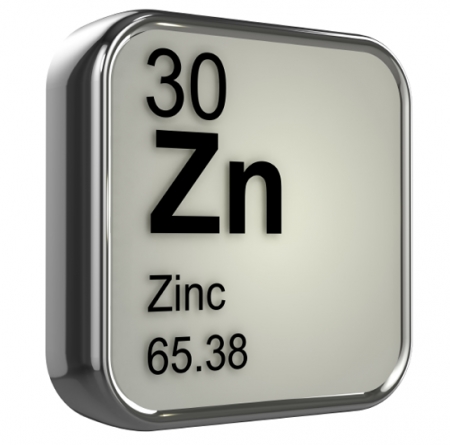Most of the following is from the NIH Office of Dietary Supplements fact sheet on zinc.
Zinc is an essential mineral; we must eat some to survive. This is how much we should be eating:
Unlike other nutrients like iron, you need to eat some zinc every day “because the body has no specialized zinc storage system.”
Groups at Risk of Zinc Inadequacy
- Evidence suggests that zinc intakes among older adults might be marginal. An analysis of NHANES III data found that 35%–45% of adults aged 60 years or older had zinc intakes below the estimated average requirement.
- Any gastrointestinal problem, like IBS, Crohn’s, diarrhea, can decrease absorption.
- The bioavailability of zinc from vegetarian diets is lower than from non-vegetarian diets because vegetarians do not eat meat, which is high in bioavailable zinc and may enhance zinc absorption. In addition, vegetarians typically eat high levels of legumes and whole grains, which contain phytates that bind zinc and inhibit its absorption. … Vegetarians sometimes require as much as 50% more of the RDA for zinc than non-vegetarians.
- Ethanol [alcohol] consumption decreases intestinal absorption of zinc and increases urinary zinc excretion.
Imagine if you combine the above? An older person who eats a vegetarian diet, drinks alcohol, and suffers from IBS is a prime candidate for low zinc.
One of zinc’s primary uses in the body is for cell division. So, anything that involves the making of new cells (wound repair, protein synthesis, muscle building, skin and GI lining turnover, immune cells to fight off infection) is going to need zinc, and a condition of low zinc will slow these functions, e.g. wounds will take longer to heal.
If you’re looking for foods with zinc, follow the protein. Animal foods are good sources for zinc, but beans are a respectable non-animal source. An apple, being low in protein, has practically no zinc.


